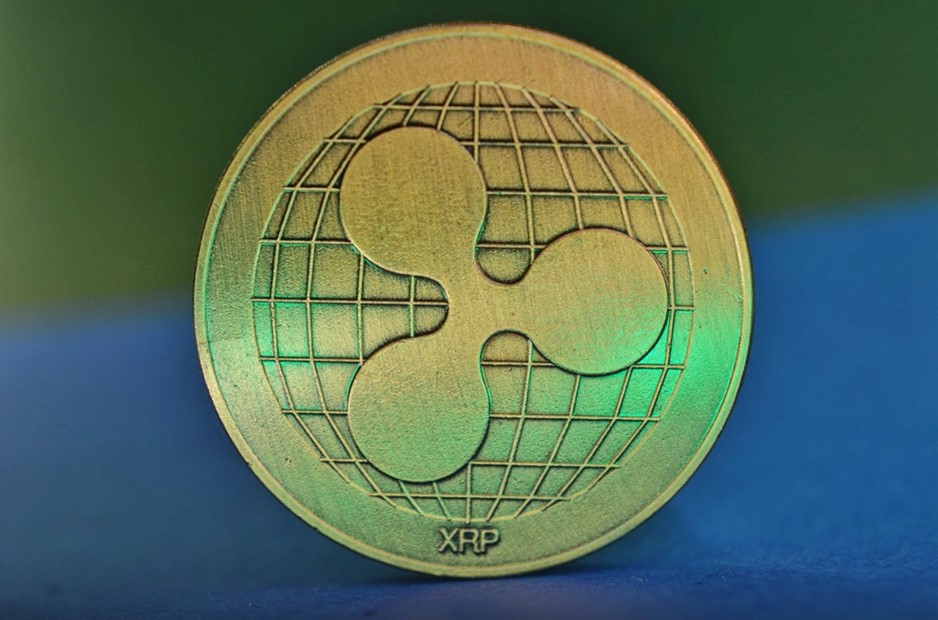
By: Aya Abdellatif
The cryptocurrency world has seen unprecedented popularity lately with Bitcoin and other cryptocurrencies hitting all-time high prices.[1] With the rise in popularity of cryptocurrency comes the rise in attention from regulatory bodies including the U.S. Securities and Exchange Commission (“SEC”). This rise in attention is followed by arguments as to what constitutes an actual cryptocurrency and what constitutes an investment security.[2] Recently, Ripple stated it will not settle with the SEC over the current suit concerning XRP’s cryptocurrency status.[3] XRP is a cryptocurrency developed by Ripple.[4] The SEC is suing Ripple and two of its executives alleging that the sale of XRP was the equivalent of the sale of unregistered securities.[5]
The SEC is arguing that the purchase of XRP is an investment contract as defined under the Howey test because many purchasers expect that the coin will rise in value, similar to the way stock purchasers hold the expectation that a stock will rise in value.[6] The Howey test factors include whether there is an investment of money, whether the asset is a common enterprise, and whether there is a reasonable expectation that profits will be derived from the efforts of others.[7] The SEC has already ruled that Bitcoin is not an investment contract, in part, because it’s more of a payment mechanism and a store of value.[8] Ripple argues, however, that XRP should be given cryptocurrency status similar to Bitcoin because a purchase of XRP is a “store of value, a medium of exchange and a unit of account — not a share in Ripple’s profits.”[9] The suit alleges that the CEO and the Chairman of Ripple, Brad Garlinghouse and Chris Larsen, sold over $1 billion in XRP, promoted the coin, and paid third parties to support XRP.[10] These actions are often associated with investment products, as per factors of the Howey test.
The impact of this suit will be significant. The re-classification of XRP as an investment contract may result in the loss in value of hundreds of millions of dollars for those that hold XRP.[11] Additionally, the re-classification of a cryptocurrency as an investment contract will limit the options that interested parties have to choose from when entering the coin market.[12]
The case will likely hinge on the type of outreach that Ripple personnel conducted along with the general idea that these investors and others hold regarding XRP. If XRP was marketed by Ripple in a way which would lead the purchaser to believe that they are investing in a security which may appreciate in value and lead to profits, this may significantly hurt Ripple’s chances at winning the suit.
Overall, the outcome of this case will undoubtedly affect current and future purchasers of cryptocurrencies, and it will be a major step in shaping cryptocurrency regulation and the rights of purchasers of different assets. If Ripple is successful in preserving XRP’s cryptocurrency status, this may encourage other alternative coins to seek cryptocurrency status. If Ripple is unsuccessful, this may lead to a downfall of the entire alternative coin market.
[1] See Ryan Browne, Bitcoin Surges to New Record as Major Firms Flock to Crypto, CNBC (Feb. 15, 2021), https://www.cnbc.com/2021/02/15/bitcoin-btc-price-hits-a-record-high-of-nearly-50000.html.
[2] See Dean Seal, SEC Takes Defiant Ripple to Court over $1.4B in Token Sales, Law360 (Dec. 22, 2020), https://www.law360.com/articles/1340078.
[3] See Dean Seal, SEC, Ripple Say No Settlement in Site over Token Sale Fight, Law360 (Feb. 16, 2021), https://www.law360.com/articles/1355558?sidebar=true.
[4] See Colin Harper, What is XRP, and How is it Related to Ripple?, Coindesk (Dec. 11, 2020), https://www.coindesk.com/what-is-ripple-what-is-xrp.
[5] See SEC Charges Ripple and Two Executives with Conducting $1.3 Billion Unregistered Securities Offering, Sec. and Exch. Comm’n (Dec. 22, 2020), https://www.sec.gov/news/press-release/2020-338.
[6] See Seal, supra note 3.
[7] Sec. & Exch. Comm’n v. W. J. Howey Co., 327 U.S. 773 (1946) (establishing different criteria to determine if an asset is an investment).
[8] See Kevin Helms, SEC Chairman Jay Clayton Explains US Crypto Regulation, Calls Bitcoin a Store of Value, Bitcoin (Nov. 23, 2020), https://news.bitcoin.com/us-cryptocurrency-regulation-sec-chairman-jay-clayton-bitcoin/.
[9] See Seal, supra note 3.
[10] See SEC Charges Ripple and Two Executives with Conducting $1.3 Billion Unregistered Securities Offering, supra note 5.
[11] See Muyao Shen & Nikhilesh De, An SEC Victory in Ripple Case Would Render XRP ‘Untradeable,’ Market Pros Say, Coindesk (Dec. 22, 2020), https://www.coindesk.com/xrp-untradeable-sec-security.
[12] See Daniel Krupa, SEC v. Ripple Lawsuit Explained: Complete Overview, Coinbureau (Dec. 28, 2020), https://www.coinbureau.com/analysis/sec-ripple-lawsuit/.

